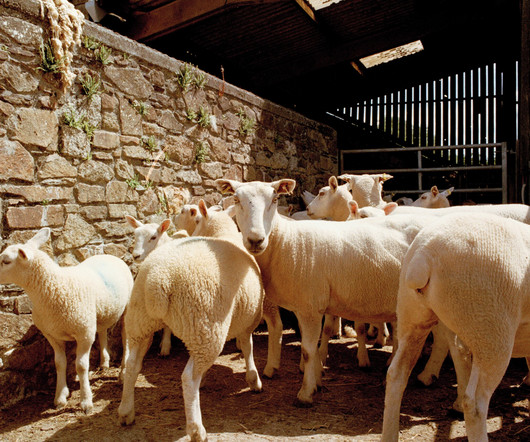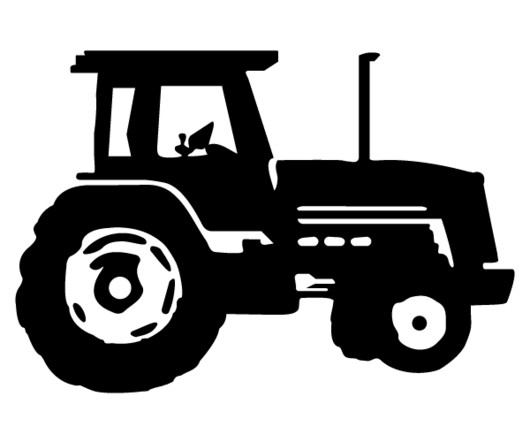Are Next-Gen Synthetic Fibers the Future of Sustainable Textiles?
Modern Farmer
MARCH 1, 2024
Textiles are a major source of microplastics in the ocean, where they weave their way into the food chain, causing untold harms to marine life. Fashion contributes around 10 percent of global greenhouse gas emissions, second only to big oil. In the US, 85 percent of used clothes and other textiles are sent to the landfill.











Let's personalize your content